Guinea Pig
The guinea pig – Cavia porcellus, commonly referred to, as ‘cavy’ is a member of the rodent family and generally has a life span of four to eight years. They make lovely family pets and children absolutely adore them. Relatively easy to care for, they don’t take up a lot of space, small eaters, friendly and inquisitive little creatures with unique personalities and create strong bonds with their owners.
Guinea pigs also really enjoy the company of other guinea pigs, however introductions should happen slowly to prevent unnecessary fighting and injury. They live comfortably in a hutch that is either inside, or undercover and free from windy drafts, direct sunlight and rain. Good husbandry is extremely important with guinea pigs, as many diseases are preventable with appropriate care. For example, guinea pigs produce ammonia in their urine that can cause respiratory diseases due to inhaling high levels of ammonia in the air if their soiled bedding isn’t replaced regularly.
Guinea pigs have specific dietary requirements to keep them healthy. They need a diet high in fibre and protein. Diets lacking in fibre commonly result gastrointestinal issues and dental disease. Another little quirk of these guys is the inability to produce and store vitamin C in their body, and because of this they need daily supplementation (50-100mg per day), which can be avoided through certain fruits and vegetable or as a chewable tab let.
Great vegetable choices include parsley, broccoli, capsicum, kale and cauliflower… just to name a few. While guineas don’t require an annual vaccination, just like your other furry friends, they do require vet check ups to ensure they stay healthy.
Hair loss, weight loss, lameness, dental disease, behaivoural issues and skin growths are just some common reasons we see guineas at the vet. Desexing your guinea pig is also recommended from four months of age. Along with preventing unwanted pregnancies, desexing reduces aggression between hutch mates, prevents the development of ovarian cysts in females and reduces the risk of faecal impaction in males.
A guinea pig may be your ideal pet!
